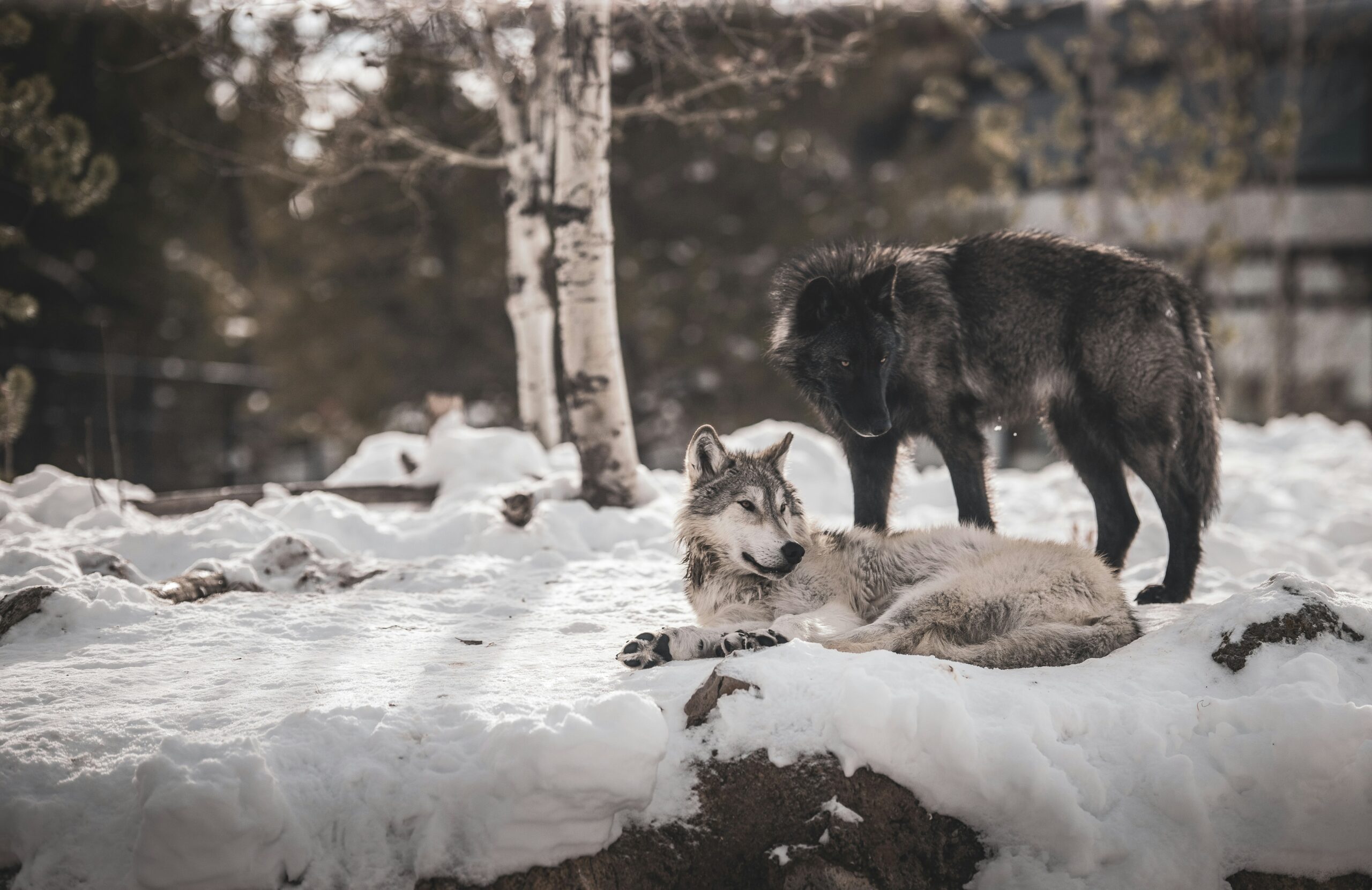One evening, a college student sat down with her leadership mentor after a tough week. Between balancing classes, internship applications, and trying to build something meaningful, she felt overwhelmed.
“I feel pulled in different directions,” she admitted. “One part of me wants to be confident, take initiative, and build something great. But another part keeps second-guessing every decision I make. I feel jealous when I see others doing better, and I waste time comparing instead of creating. It’s exhausting.”
The mentor nodded. “That feeling is more common than you think. Let me tell you something an old friend once shared with me:
Inside each of us, there are two wolves.
One wolf is fear. It feeds on comparison, self-doubt, ego, procrastination, and the constant pressure to prove yourself. It whispers things like, ‘You’re behind,’ or ‘You’re not ready.’ It keeps scrolling through everyone else’s achievements while making you feel smaller.
The other wolf is purpose. It thrives on humility, curiosity, discipline, and growth. It pushes you to ask better questions, take action even when you’re unsure, and lead not to impress—but to make impact. It reminds you that progress matters more than perfection.”
The student looked up. “So… which wolf wins?”
The mentor smiled.
“The one you feed. Every time you choose to stay focused instead of distracted, to build instead of scroll, to ask for feedback instead of avoid it—you’re feeding the right wolf.”
They paused and added, “Great leaders and learners aren’t perfect. They’re just people who’ve gotten really good at feeding the wolf that moves them forward.”
Moral and Leadership Lesson
The Lesson: Your inner world is a constant battle between opposing forces—negative emotions like fear, anger, and doubt versus positive qualities like courage, kindness, and resilience. The outcome of this battle depends on which “wolf” you choose to focus on and nurture. By being mindful and deliberately cultivating positive thoughts, habits, and attitudes, you can take control of your personal growth and leadership journey.
Leadership Recap: Key Lessons
🧠 Top Takeaways
- Both Wolves Are Always There
You can’t eliminate self-doubt, fear, or comparison entirely—but you can choose which voice to give power to. - You Have Agency
Every small choice—what you focus on, who you spend time with, what habits you build—feeds one wolf or the other. You’re more in control than you think. - Consistency > Intensity
Feeding the “good” wolf isn’t about grand gestures or overnight change. It’s about consistent, intentional daily actions. - Self-Awareness is the First Step
You can’t manage what you don’t notice. Naming your internal state—“This is fear talking,” or “This is ego”—gives you space to respond, not just react. - Leadership Starts With Self
You can’t lead others well if you’re at war with yourself. Self-management is foundational to leading with clarity, empathy, and resilience.
🔧 Things You Can Do to Self-Manage Your Wolves
🟢 Feed the Positive Wolf
- Daily reflection or journaling
Ask: Which wolf did I feed today? What triggered the negative one? - Consume intentional content
Podcasts, books, and media that reinforce your values, not your insecurities. - Practice gratitude
3 wins or things you’re thankful for each day trains your brain to see what’s going right. - Set micro-goals
Achieving small wins builds confidence and silences self-doubt. - Surround yourself with energizers
Spend time with people who challenge, support, and inspire—not those who drag you into comparison or negativity.
🔴 Starve the Negative Wolf
- Limit toxic comparison
Unfollow, mute, or take breaks from social media accounts that trigger insecurity or FOMO. - Catch and reframe negative self-talk
Turn “I’m not good enough” into “I’m still learning and improving.” - Avoid perfection paralysis
Take imperfect action. Done is better than perfect when it comes to learning and growth. - Set boundaries
Learn to say no to tasks, people, or habits that drain your energy or pull you off course. - Practice mindfulness or meditation
Even 5 minutes a day helps create space between stimulus and response—so the wrong wolf doesn’t hijack your reaction.
July 7, 2025

View comments
+ Leave a comment